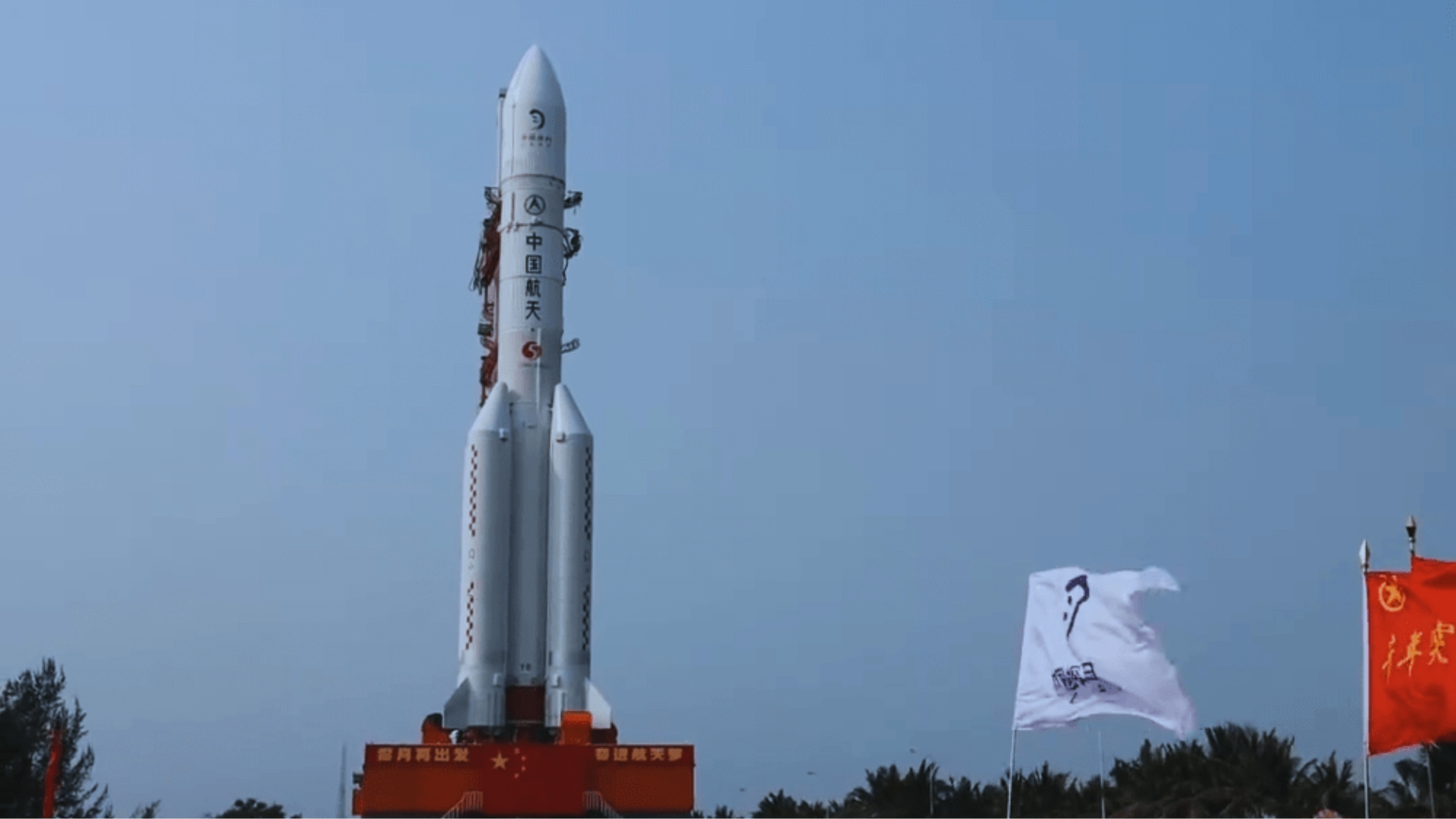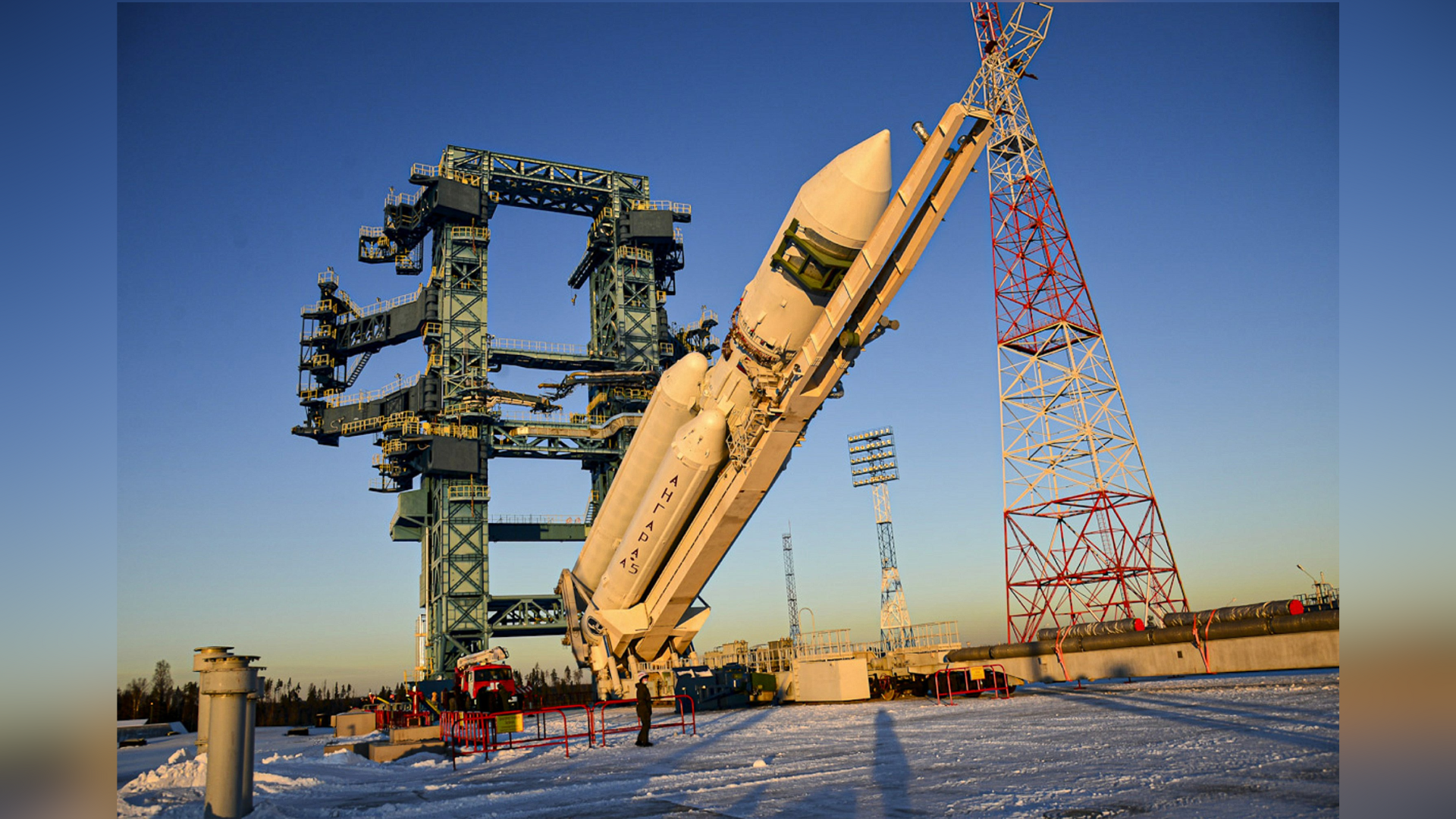










Russia successfully conducted the launch of a new heavy-lift rocket from its Far Eastern space complex on Thursday, following two previous aborted attempts earlier in the week.
The initial launch on Tuesday was halted approximately two minutes before liftoff due to a malfunction in the oxidizer tank pressurization system of the central block of the Angara-A5 rocket.
A second attempt on Wednesday was also aborted by the automatic safety system, which detected an issue with the engine start control mechanism. Yuri Borisov, head of Russia’s state-controlled space corporation Roscosmos, suggested that the failure may have been caused by a programming error.
Thursday’s launch marks the fourth mission for the Angara-A5, designed as a heavy-lift version within the new Angara family of rockets, intended to replace the Soviet-era Proton rockets.
The first three launches took place from the Plesetsk launchpad in northwestern Russia.
READ MORE
Following the dissolution of the Soviet Union in 1991, Russia secured a lease agreement with Kazakhstan for the Baikonur Cosmodrome and has since utilized it for the majority of its space missions. Under the terms of the agreement, Russia pays Kazakhstan $115 million annually to lease Baikonur, with the lease extending through 2050.
While Roscosmos has continued to depend on Baikonur, Russian authorities have designated Vostochny as the preferred facility for Angara launches. However, the construction of the new spaceport has experienced delays beyond the initially planned timeline, resulting in limited utilization thus far.
The development of the Angara-A-5, slated to become the primary launch vehicle for Russia’s forthcoming lunar research program, has encountered numerous delays, lagging behind schedule by several years.
Similar to the Soviet-designed Proton it aims to replace, the new rocket is designed for launching intelligence and communication satellites into geostationary orbits.
ALSO READ
Climate Change And Species Protection : A Conundrum









